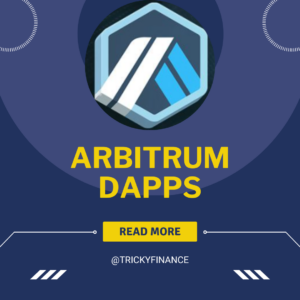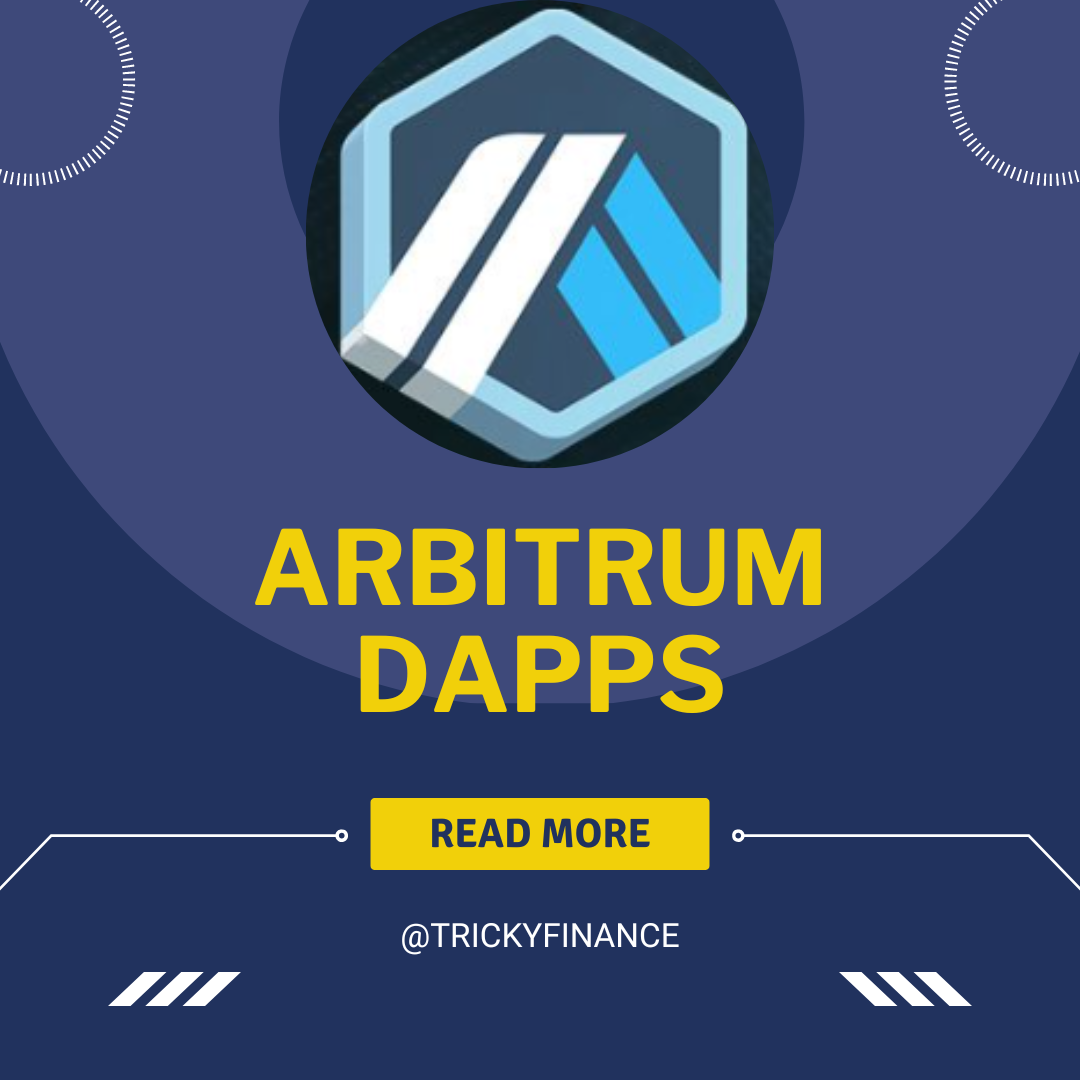1. Uniswap
Uniswap emerges as a decentralized trading protocol renowned for its pivotal role in facilitating automated trading of decentralized finance (DeFi) tokens. Operating as an example of an automated market maker (AMM), Uniswap made its debut in November 2018, experiencing significant traction this year amid the DeFi surge and the associated uptick in token trading. Uniswap’s mission revolves around maintaining token trading automated and entirely accessible to token holders, concurrently enhancing trading efficiency compared to traditional exchanges.
2. SushiSwap
SushiSwap, represented by the SUSHI token, epitomizes an automated market maker (AMM). Gaining momentum among cryptocurrency enthusiasts, AMMs function as decentralized exchanges employing smart contracts to establish markets for any given pair of tokens. SushiSwap entered the scene in September 2020 as a fork of Uniswap, offering users heightened control over marketplace governance and a larger revenue share.
3. Aave
Aave stands as a decentralized finance protocol empowering individuals to lend and borrow crypto assets. Through Aave, lenders accrue interest by depositing digital assets into dedicated liquidity pools. Subsequently, borrowers utilize their crypto holdings as collateral to access flash loans using this liquidity. Initially known as ETHLend upon its inception in November 2017, Aave underwent rebranding in September 2018, deriving its name from the Finnish word for “ghost.”
Top Arbitrum Games
3. Pirate Nation
It invites players into an immersive on-chain role-playing adventure set amidst the high seas. Within this captivating realm, players embark on a journey to construct their vessels, assemble crews, and engage in epic battles across the islands, all with the ultimate goal of claiming the title of the top pirate. The game unfolds in a voxel-rich world brimming with adventure, challenges, and unexpected twists. Players can embark on quests to enhance their pirates, forge in-game items, upgrade equipment, and confront formidable foes. Featuring group competitions, PvP and PvE gameplay, and opportunities to adorn personalized islands, Pirate Nation, developed by Proof of Play, seamlessly blends elements of casual gaming with cutting-edge web3 technology, delivering a distinctive and immersive gaming experience.
Top Arbitrum NFT Marketplaces
1. TofuNFT
stands out as a decentralized marketplace facilitating the buying, selling, and trading of Non-Fungible Tokens (NFTs). Developed by SCV.Finance, it operates across multiple blockchains, distinguishing itself as the largest multichain NFT marketplace, with a presence on over 30 EVM-compatible public chains. Engineered to prioritize user-friendliness and optimize trading efficiency, TofuNFT is particularly tailored for GameFi enthusiasts. Offering a myriad of advanced features for NFT trading, the platform excels in both speed and accessibility, boasting swift loading times and seamless trading experiences on both PCs and smartphones. These qualities position TofuNFT as a prominent entity within the burgeoning NFT and GameFi landscape.
2. OpenSea
3. Gumball Protocol
It serves as a launchpad and liquidity layer tailored for generating and trading liquid NFTs. This innovative platform empowers creators to deploy collections of assets that are instantly purchasable and sellable. All NFTs produced through Gumball’s framework are supported by immediate liquidity within a bonding curve, negating the necessity for third-party marketplaces or order books. This unique approach effectively transforms digital assets issued via Gumball into their own self-contained marketplace. Offering a seamless trading experience akin to traditional Automated Market Makers, Gumball facilitates easy NFT tradability while playing a pivotal role in bridging the liquidity gap within the NFT landscape.
Top Arbitrum NFT Bridges
1. Synapse Protocol
The Synapse Protocol stands out as a widely adopted, adaptable, and secure cross-chain communication network. Functioning as a universal cross-chain protocol, Synapse facilitates connectivity between both EVM and non-EVM chains through a generalized message passing mechanism. Its capabilities encompass supporting cross-chain asset transfers, smart contract interactions, and NFT transactions. Synapse furnishes developers with a robust framework to construct genuinely native cross-chain applications. Integral to the protocol is a cross-chain messaging framework and a financially sound approach to achieving consensus on the validity of cross-chain transactions. Leveraging this infrastructure, Synapse Bridge empowers users to seamlessly transfer assets across all blockchain networks.
2. Multichain Bridge
The Multichain Bridge emerges as a groundbreaking solution facilitating the exchange of digital assets across various blockchain networks. Acting as a vital conduit, it seamlessly links disparate blockchain ecosystems, enabling smooth asset transfers. Through a specialized SMPC wallet address, assets residing on one chain can be effectively transmitted to another chain. Upon arrival on the destination chain, a smart contract is employed to mint tokens at a 1:1 ratio based on those held within the SMPC wallet. Notably, the Multichain Bridge incorporates a no-slippage feature, permitting users to execute transfers with zero slippage. This functionality not only reduces fees but also streamlines the process of transitioning between different chains, thereby optimizing the efficiency of cross-chain transactions.
3. cBridge





